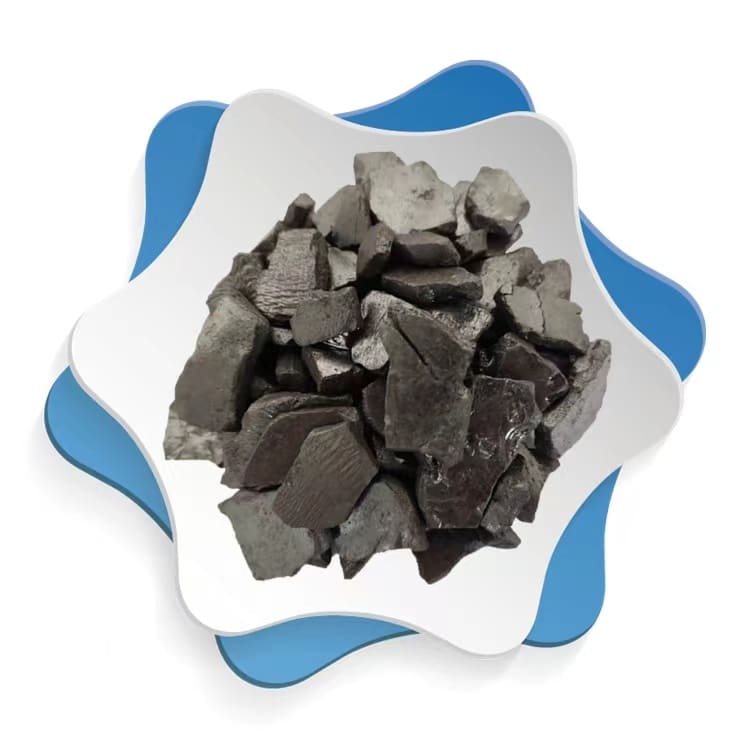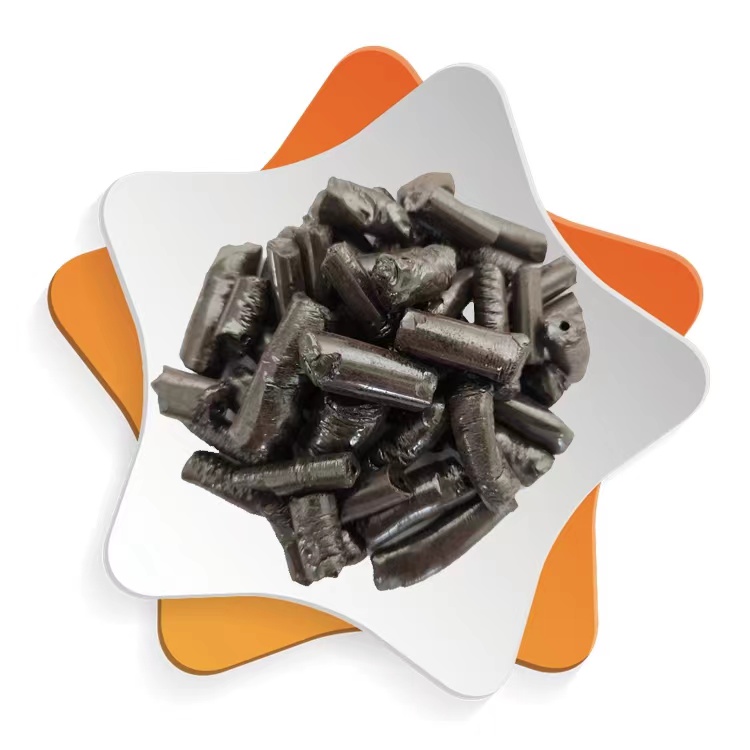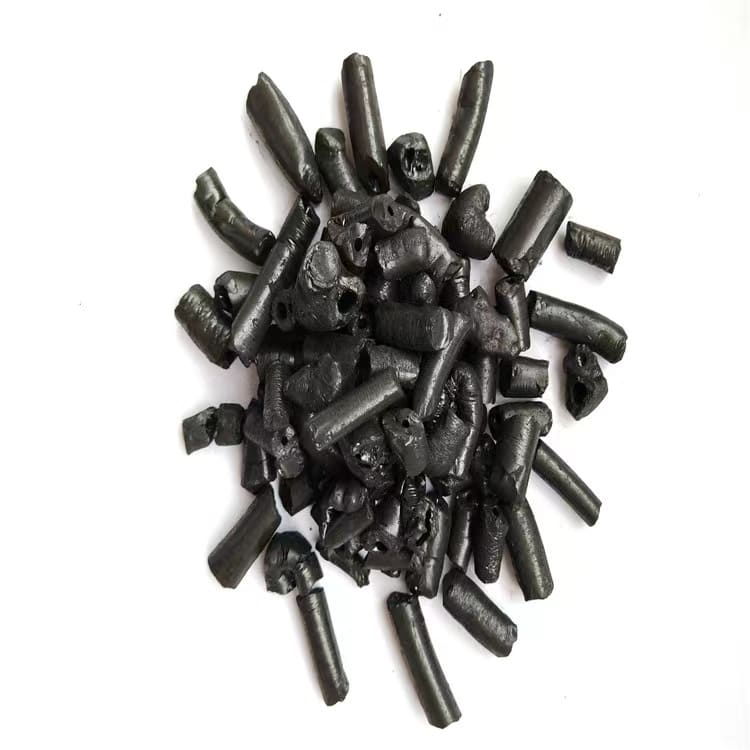Coal tar pitch roofs have been a staple in the roofing industry for decades, known for their durability and long-lasting performance. This comprehensive guide explores everything you need to know about coal tar pitch roofing, why it's a valuable option for flat roofs, and how it compares to other roofing systems. Whether you're a commercial building owner or simply curious about roofing materials, this article is worth reading for its in-depth insights and practical information.
What is Coal Tar Pitch Roofing?
Coal tar pitch roofing is a type of roof system that utilizes coal tar pitch as a primary waterproofing membrane. Derived from coal tar, a byproduct of coal when it is carbonized to make coke, coal tar pitch is a thick, black, viscous liquid that possesses excellent waterproofing properties.
History of Coal Tar Pitch Roofs
The use of coal tar pitch in roofing dates back to the 19th century. It became particularly popular during the industrial revolution due to its availability and durability. Coal tar pitch roofs were widely used in commercial buildings, especially for flat roofs where water drainage is minimal.
Coal Tar Pitch vs. Asphalt Roofing: Key Differences
While both coal tar pitch and asphalt are used in roofing, they have distinct differences:
- Composition: Coal tar pitch is derived from coal tar, whereas asphalt is obtained from petroleum.
- Durability: Coal tar pitch roofs are more durable than asphalt roofs, particularly in resisting chemical compositions from ponded water.
- Self-Healing Properties: Coal tar pitch has unique self-healing characteristics, allowing it to reseal small cracks and leaks naturally.
- UV Resistance: Coal tar pitch provides better resistance to UV degradation due to its aromatic chemical structure.
Benefits of Coal Tar Pitch Roofs
Coal tar pitch roofs offer several advantages:
- Longevity: Known for their long service life, often exceeding 30 years with proper maintenance.
- Waterproofing: Excellent waterproof capabilities, making them ideal for low-slope or flat roofs.
- Chemical Resistance: Resistant to a wide range of chemicals, including petroleum products.
- Self-Healing: Ability to self-heal small cracks, reducing the frequency of repairs.
Understanding Built-Up Roofing (BUR) Systems
Coal tar pitch is commonly used in built-up roofing (BUR) systems. BUR is a traditional method involving multiple layers (plies) of roofing felts interlaid with bitumen (coal tar pitch or asphalt) and topped with a layer of gravel or slag.
Components of BUR Systems
- Felts: Layers of felt or fabric provide reinforcement.
- Coal Tar Pitch: Acts as the adhesive and waterproofing agent.
- Gravel or Slag: Protects the membrane from UV rays and mechanical damage.
Installation Process of Coal Tar Pitch Roofs
Installing a coal tar pitch roof involves several steps:
- Preparation of the Deck: Ensuring the roof deck is clean and in good condition.
- Application of Underlayment: Laying down an underlayment for added protection.
- Layering Felts and Pitch: Alternating layers of ply felts and hot coal tar pitch.
- Adding Gravel or Slag: Applying a protective layer of gravel or slag on top.
Maintenance and Repair of Coal Tar Pitch Roofs
Regular roof maintenance is crucial for extending the life of a coal tar pitch roof.
- Inspections: Periodic checks for signs of wear or damage, especially after severe weather.
- Cleaning: Removing debris and ensuring drainage systems are clear.
- Repairs: Addressing issues promptly using compatible repair materials, as coal tar pitch roofs require specific products due to their chemical nature.
Environmental Considerations and Recycling
Coal tar pitch roofing materials can be recycled. The recycling process involves recovering the coal tar pitch for reuse, reducing environmental impact and conserving resources.
Common Issues with Coal Tar Pitch Roofs and How to Avoid Them
Some challenges include:
- Ponded Water: Flat roofs may accumulate water, potentially causing damage over time.
- Solution: Ensure proper slope and drainage during installation.
- Chemical Exposure: Coal tar pitch can be affected by certain solvents.
- Solution: Use compatible materials and avoid exposure to harmful chemicals.
- UV Degradation: Though resistant, prolonged UV exposure can still cause issues.
- Solution: Maintain the protective gravel layer to shield the membrane.
Choosing the Right Roofing Experts
Selecting experienced roofing experts is essential for the successful installation and maintenance of coal tar pitch roofs.
- Credentials: Look for professionals with a proven track record in coal tar roofing.
- Knowledge: Ensure they are familiar with the specific requirements and best practices.
- References: Seek recommendations and review past projects.
Future of Coal Tar Pitch in the Roofing Industry
The roofing industry continues to evolve, with new materials and technologies emerging. However, coal tar pitch remains relevant due to its unique properties. Innovations may include modified formulations to enhance performance and environmental compatibility.
Conclusion
Coal tar pitch roofs are a durable and reliable option for commercial buildings, especially those with flat or low-slope roofs. Understanding the benefits, installation process, and maintenance requirements helps in making informed decisions. By choosing the right materials and professionals, coal tar pitch roofing can provide long-lasting protection for your building.
Summary of Key Points
- Coal tar pitch roofs offer exceptional durability and waterproofing.
- They are a key component in built-up roofing systems.
- Regular maintenance is essential for longevity.
- Coal tar pitch differs from asphalt in composition and performance.
- Selecting experienced professionals ensures proper installation and maintenance.
For more information on high-quality coal tar pitch products, explore our offerings:
- High Quality Coal Tar Pitch Factory and Supplier
- Coal Tar Pitch Flakes
- Modified Asphalt
- High Temperature Asphalt



Post time: 12-16-2024





